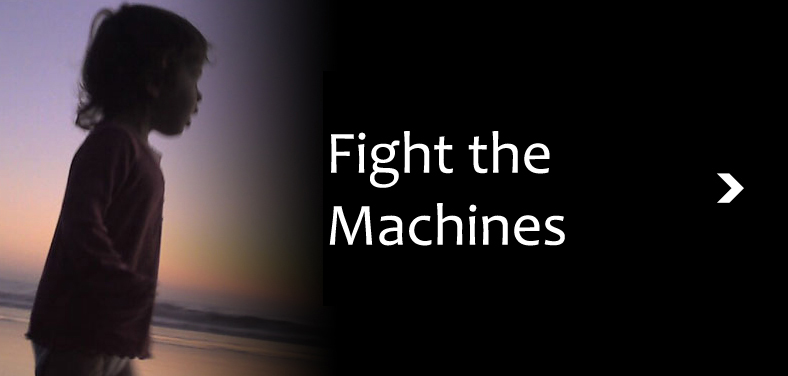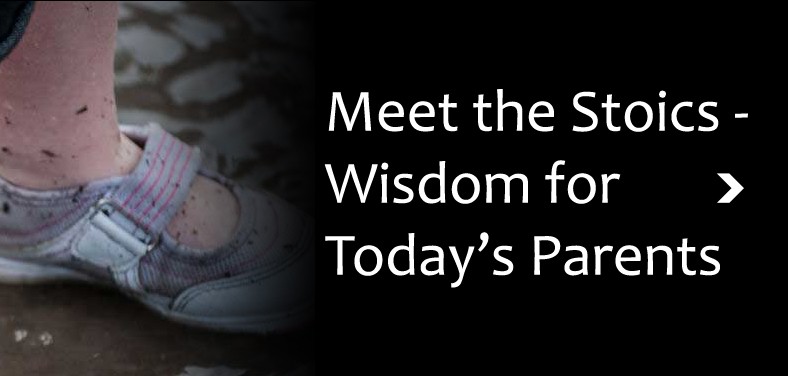Eating and feeding can cause stress. Kid won’t eat, kid throws food, will the kid get fat? Is she trying to hurt you by not woofing down a second helping of certified non-GMO quinoa?
It’s a negotiation, or can become one – but there is a smarter better more healthy easier way to look at it.
Eating, from the beginning, is about choices. See it that way, and keep yourself out of the picture. Before I give re-introduce Epictetus, allow me to present Ellyn Satter – one of the Wise Women in my Early Childhood Hall-of-Fame.
Satter is a treasure. For our purposes, she does one thing and does it really, really well: helps parents understand how to support their children growing into a healthy relationship with food. As with other areas, unchecked parental good intentions in feeding can create stress and cause harm.
In the decades since Satter published her must-have book, How to Get Kids to Eat, but Not Too Much, she has refined and further clarified her approach, which is heralded as a “best practice” by most, including The Academy of Nutrition and Dietetics, The American Academy of Pediatrics, etc.
Satter is not only helpful, she’s kind: she has summarized her entire approach into a single page. One page is almost too much: Satter’s model – which she perfectly calls “Division of Responsibility in Feeding” can be summed up in a sentence:
Parents to take leadership with the what, when, and where of feeding – and they give children autonomy with the how much and whether of eating.
What is Stoicism, again? “Self-coaching for mental health, based mostly on knowing the difference between what you can control and what you can’t:” Satter calls it “Division of Responsibility!” Yes! Epictetus would agree – So Stoic! So Simple! So Sweet! Parents and children both know what they can and cannot control!
Parent’s control: What is offered, when and where – and that’s it.
Child’s control: How much to eat, and even whether – and that’s it.
Let’s look at what’s not included in the above:
- “Honey, don’t you like those peas? How about if I make you a little souffle?”
- “Mommy, I don’t want this – give me Organic Jalapeno Mini Weenies NOW!”
- “Show Grandma you love her by eating just one more bite of porridge.”
- “He doesn’t like like oatmeal, so I make a miniature omelet each morning.”
Food is not about love. Food is not a weapon. Eating is choice. Parents: chose what’s offered, when and where! Kids: here are your options – have as much as you like!
“But wait,” you say, “What if I enjoy building miniature igloos out of spam for my princess?” That’s fine, as long as it’s simply what you offer – Why you offer it is none of the child’s business: “Mommy loves you so much I built Shamu out of jello” leaves Satter’s rules behind. For an intuitive understanding of why these rules, or any rules, make sense, put yourself in the child’s place: “My mother built a Jello Shamu for me. It is some kind of symbolic offering, and she wants me to demonstrate …something by eating it, but I am not hungry now – all of this is hard for me to understand, but my mother seems to want something from me.” Or, to cut right to it, remember that the number one game for children is “Control the Giants.” When food is more than just food, layers of manipulation are added, which makes it harder for the child to develop the simple self-regulation required for dietary health.
This is a big deal. Early self-regulation is the foundation for a lifetime of healthy eating habits. Who knows better than the kid how much she needs to eat? And who knows better than you what choices are appropriate? (And nutrition isn’t the only factor – sometimes, McNuggets are a fine a choice.)
Seriously, we can’t control the food industry. We can control ourselves, although it isn’t easy. In another post, I go into the fundamental choice of “Sit and Eat, or Get up and Play.” Your child won’t starve. Your child will figure it out, and you’ll help by setting firm boundaries and choices, and by observing and reflecting. (“I see you’re going with the mushed carrots – and excellent pairing with the strained peas.”)
I have just talked about how “Food is only Food, and it should only be that.”
But there is something else – and it goes back to Epictetus – and that’s “Meal Time.”
There is a little bit of secret sauce going on with “sit and eat or get up and play.” Food is ritual. It is a dance of care, or serve and respond, and it’s a fundamental aspect of the human experience. Eating together is nutrition for the soul, and sustenance for relationships.
So, from the start, help make eating is a social activity, even when only the child is eating. Food is only Food, but Eating is more than Food. Eating is sharing time and space and attention. Thus the ritual of sitting down, cleaning hands, placing a napkin. A quick grace, or taking a moment, is a nice way to say “Now, we are starting a meal.” So where are the digital screens at mealtime? Turned off. Outside the room. Those texts will have to wait – they won’t go anywhere.
So, to return to Epictetus:
While his students were adults, we could “Pair” the advice of letting your Stoicism inform your feeding and eating with his idea of letting your eating – slow, gracious, respectful, appreciative – inform your other relationships.
At a feast, to choose the largest share can be suitable to the bodily appetite, but utterly inconsistent with the social spirit of an entertainment. When you eat with another, then, remember not only the value of those things which are set before you to the body, but the value of that behavior which ought to be observed towards the person who gives the entertainment. [Enchiridion: 36]
Remember that you must behave in life as at a dinner party. Is anything brought around to you? Put out your hand and take your share with moderation. Does it pass by you? Don’t stop it. Is it not yet come? Don’t stretch your desire towards it, but wait till it reaches you. Do this with regard to children, to a wife, to public posts, to riches, and you will eventually be a worthy partner of the feasts of the gods. [Enchiridion 15]
Got that? “Be a Worthy Partner of the feasts of the Gods.”
Can we take this further?
G. K. Chesterton:
You say grace before meals. All right. But I say grace before the concert and the opera, and grace before the play and pantomime, and grace before I open a book, and grace before …playing and dancing and grace before I dip the pen in the ink.
Can you model that? Grace, saying “Grace” – being Grace-full?
So, here we are:
- You decide the food choices – what, when and where
- Phones and screens off – 100% present
- “Sit and Eat” comes with a little predictable ritual … and then
- The child decides how much to eat, and when she’s done.
- Wipe off hands again when eating is over ….and it’s on to the next adventure.




Add comment